
Check the resume: Since 1983, the notorious Compton G, Dr. D-R-E, has helped mold, shape and create, new sounds and formulas for not only hip-hop and gangsta rap, but popular music as well. Already known as a turntable terrorist for some Compton nightspots and later LA’s 24 hour rap station KDAY, Dre became a member of The World Class Wreckin Cru. Dre’s mixing became beat conducting, helping contribute to the electrofunk scene of the early and mid 80′s. After regional success with “Surgery”, “Juice”, “The Cabbage Patch”, and the national hit “Turn Off The Lights”, Dre and fellow crew member Yella left the group to make more hardcore records for former drug dealer Eazy E’s fledging Ruthless Records. Combining his ability behind the board with Yella, they created classic hits for JJ Fad {Dre’s first platinum plaque}, Eazy E, N.W.A., D.O.C., Above The Law, and Michel’le.
1991 found Dre feeling cheated out of royalties, leaving Ruthless to co-found Death Row Records where he was thrust into super-stardom. His first “solo” album, The Chronic came in late ’92, which just so happened to feature the new label’s hand picked talent to help promote its roster. The Chronic is a classic in every sense of the word. It was unfastforwardable, started the West’s sonic evolution with the introduction of Dre’s new sound, “G-Funk”, and gave it’s breakout star, Snoop Dogg, a level of fame only seen before from rock and pop stars. Although Dre was considered up against the ropes, as there was serious doubt he could continue to prosper without NWA, the pressure was on and he delivered.
By now the G-Funk era was in full swing, and the hits kept on coming. Snoop’s Doggystyle was the classic follow up, loaded with the sound we were now fiending for. It spawned 3 hit singles, and inspired raps first direct to video movie, Murder Was The Case, directed by Dre himself. As Death Row’s popularity grew, we saw Dre involving himself with the successful release of the Dogg Pound’s Dogg Food, plus a few soundtrack sure shots like “Keep Their Heads Ringin’”, all the way up to his first and last duet with 2Pac, “California Love”.
As we all know, business can tear friends apart. Dre departed Death Row in 1996 to form his own label Afterlife. Things started out rocky, as the label delivered two less than stellar projects, an Aftermath compilation, and a supergroup project with Nas and family called “The Firm”. In 1998, Dre completed King Tee’s Thy Kingdom Come, easily delivering the best West Coast gangster rap album that year, not to mention of King Tee’s career. Unfortunately, an unjust, low “mic” rating from the industry’s only voice of the time, told Dre that it wasn’t good enough, causing him to lose faith in the project, and not release it all.
But then, a white kid from Detroit changed it all. Blowing up as large as Dre’s last protege, Snoop Dogg, the incredible Eminem, helped put Dr. Dre back on the map, and gave him the confidence to begin work on The Chronic 2, which somehow morphed into simply a picture of a weed leaf, and the number 2001.
(The Chronic) 2001 is flatly the best album of the year and clearly shows just how bland and boring almost everything out right now is. It’s now clear what Dre was up to each week this album got delayed – fine tuning the sequel to his first solo classic. Each cut is solid, well thought out, and executed perfectly. He realizes what’s at stake and doesn’t fuck around.
The album finds Dre opening up a lot and talking about what’s on his mind. Whereas his earlier material focused on an image of what Dre wanted us to believe he was, 2001, for the first time, shows who he really is. Everything you’ve ever wanted to hear come out of Dre’s mouth, does on this album, whether it’s the state of rap, the repercussions of what he started, his notorious past, or immediate future. With the exception of Death Row’s yanking of his Chronic 2000 title for their unlistenable compilation album, we get to hear Dre speak on everything that is on his mind, from missing Eazy E to N.W.A. reunions. The deepest sense of being Andre Young is in the album’s closure, “The Message”, speaking to his deceased brother.
“The Watcher” opens the album, with Dre explaining himself in the present tense, watching everything going on from a distance, separating himself from the craziness he grew out of. “But now we got a new era of gangstaz, hustlas, and youngstas / livin’ amoung us/ lookin’ at us now, and callin’ us bustas/ can’t help but reminisce when it was us/ nigga we started this gangsta shit/and this is the muthafuckin’ thanks I get?”
Despite the changes of the industry, “Still D.R.E.” is a celebrated reunion with Snoop, that lets us know as far as Dre’s concerned, ain’t a damn thing changed. But he best explains it all on the masterpiece, “Forgot About Dre”, (with Eminem), a response to all haters and doubters over his relatively quiet past few years. “Now all day I get hate mail sayin’ Dre fell off/ What? Cuz’ I been in the lab with a pen and a pad, tryin’ to get this damn label off?”. Eminem tops it off by adding an infectious hook that becomes even more sinister as he transforms it into the second verse. This track is easily a contender for best song of the year.
Following on this same truth-telling vibe, the incredible “Whats The Difference” with Xzibit and Eminem, making it too hard to decide who steals the spotlight on this lyrical free for all. Dre’s verse makes peace with the D.O.C. and Eazy over past beefs, while taking a disguised a pot shot at the reunion-happy MC Ren. Xzibit gives one the best verses of his career, while Eminem and Dre sew it up at the end with true, twisted companionship (“If you ever need somebody offed, who’s throat is it? / If you ever kill that Kim bitch, I’ll show you where the ocean is!”).
The aforementioned, “The Message”, is a dedication to Dre’s brother who was murdered last year. He’s never spoken on such a personal issue on wax and is applauded for his courage to do so over this Mary J. Blige blessed track.
While not every track is conceptual as these, the rest of the album concentrates on carrying the torch for West Coast gangster rap, and essentially 2001 is it in its definitive and quintessential form. With so much already said by Dre on this album, there is room for a couple of mindless ass shakers, weed anthems and some music to drive by. While the educated listener will appreciate Dre’s narrative tracks a little more, these old fashioned exercises in negativity are what helped make Dre the living legend that he is today, and are essential.
“Fuck You” is straight up NWA Dre, with the funk guitar, bangin’ bassline, hard snare and slick synth. Speaking on their hoe-hoppin’ adventures are Dre, with a surprisingly show stealing Devin The Dude, who next passes the mic like a baton to Snoop Dogg demonstrating an amazing chemistry. “The Next Episode” features an invigorated Snoop, looking to make up for lost times with Dre, who amazingly breaks the beat down, like a cinematic soundscape, to connect each verse. “Let’s Get High” seems to start off as a disgusting party jam, but a very impressive Hittman immediately grabs the listeners attention, which is kept throughout verses from Dre, Kurupt and Ms. Roq.
Hittman actually shows up on a whopping ten tracks, easily showing that he is Dre’s next protege. While he is no Eminem, and no Snoop either, he does have what it takes to roll with the muthafuckin’ D.R.E. He packs an interesting cadence, that twists and turns when you would least expect it, with enough ghetto edge to help bring something interesting to the table in terms of West Coast gangster rap. While the numerous guest appearances (from all of the featured artists) somewhat disrupt the album’s continuity, it’s nevertheless the same formula that made The Chronic such a success, and still works.
Like the song says, hip-hop’s greatest producer of all time is “Still D.R.E.”, and he’s proven it once again with this release. Why 2001? Simple, because Dr. Dre has always proven to be one-step ahead of us all.
Comments
No Comments
Leave a reply
- Raekwon Sets A Release Date For “F.I.L.A.” Album
- BUSH: A Snoop Odyssey Produced By Pharrell Williams [Preview]
- Drake – “If You’re Reading This It’s Too Late” Surprise Album on iTunes Now
- Action Bronson “Mr. Wonderful” Cover Art and Tracklist
- Juicy J “Blue Dream & Lean 2″ Mixtape Cover Art & Release Date Revealed
- MF Grimm “MF Love Songs” Cover Art + Tracklist
- Lord Hakim – “Brass Knucklez” (feat. Vast Aire & Phizz Ed)
- IAMSU! – “Hella Good” (feat. Tyga)
- DJ Kay Slay – “I Declare War” (feat. Styles P, Sheek Louch, Vado, Raekwon, & Rell)
- Maverick Sabre – “We Don’t Wanna Be” (feat. Joey Bada$$)
- Cannibal Ox – “Blade: Art of Ox” (feat. Artifacts & U-God; prod. Black Milk)
- Asher Roth – “Blow Your Head” (prod. Nottz)
- It's Time To Say Goodbye...
Commented on by Yungplex - It's Time To Say Goodbye...
Commented on by geedubbleyoo - Fat Trel - "In My Bag" (feat. Wale)
Commented on by Katae - Kanye West's "Runaway": What Does It All Mean?
Commented on by fidgar - Sole Vs. El-P: Part One - Sole
Commented on by Reno Yakavetta - It's Time To Say Goodbye...
Commented on by Atom


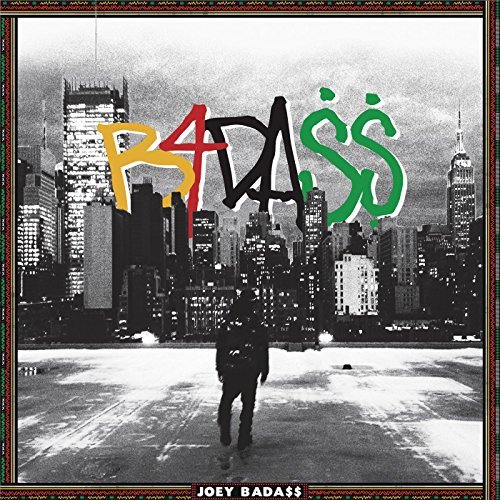
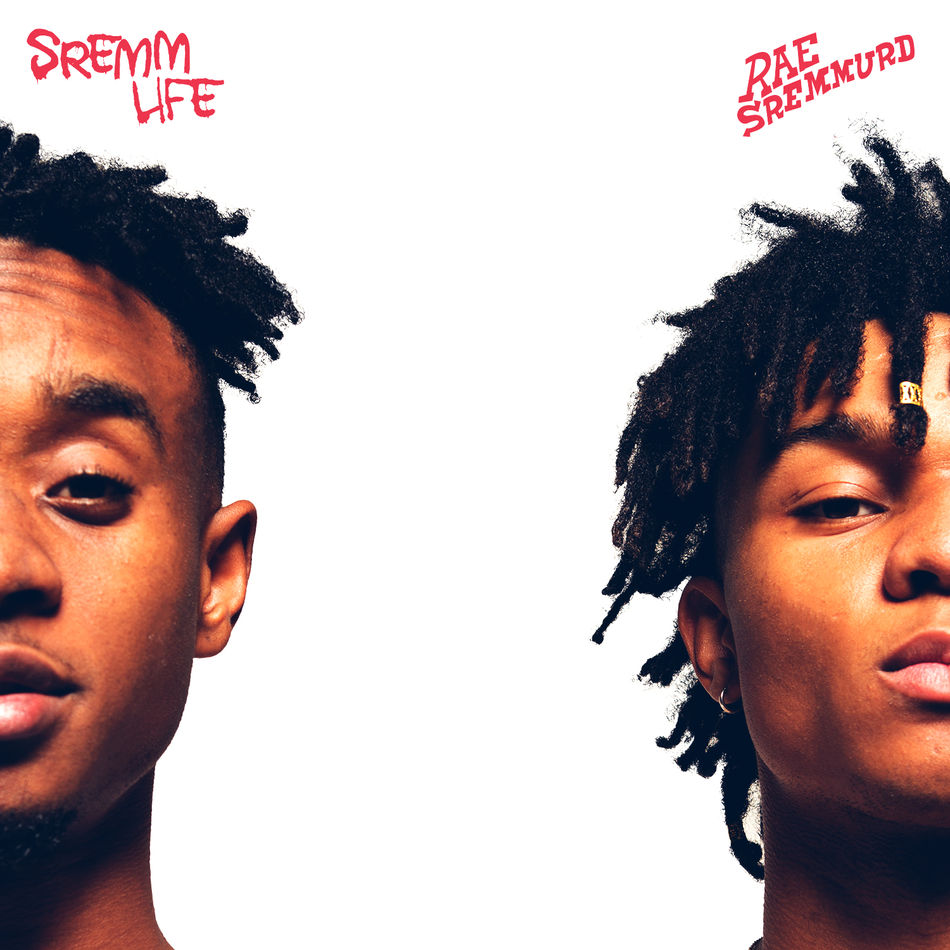
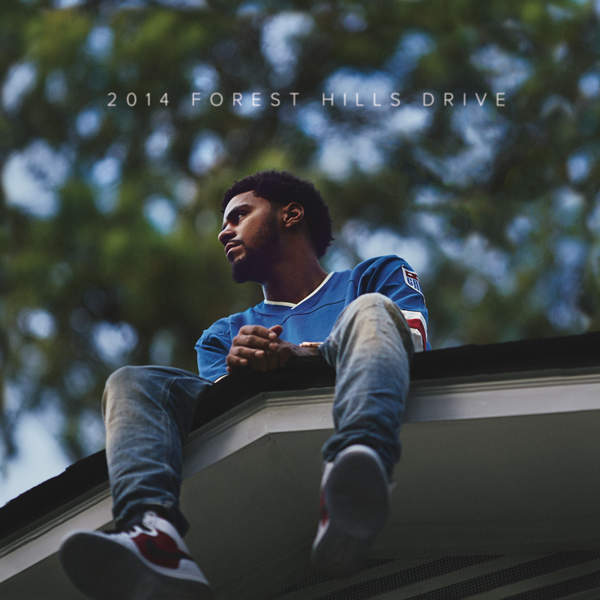




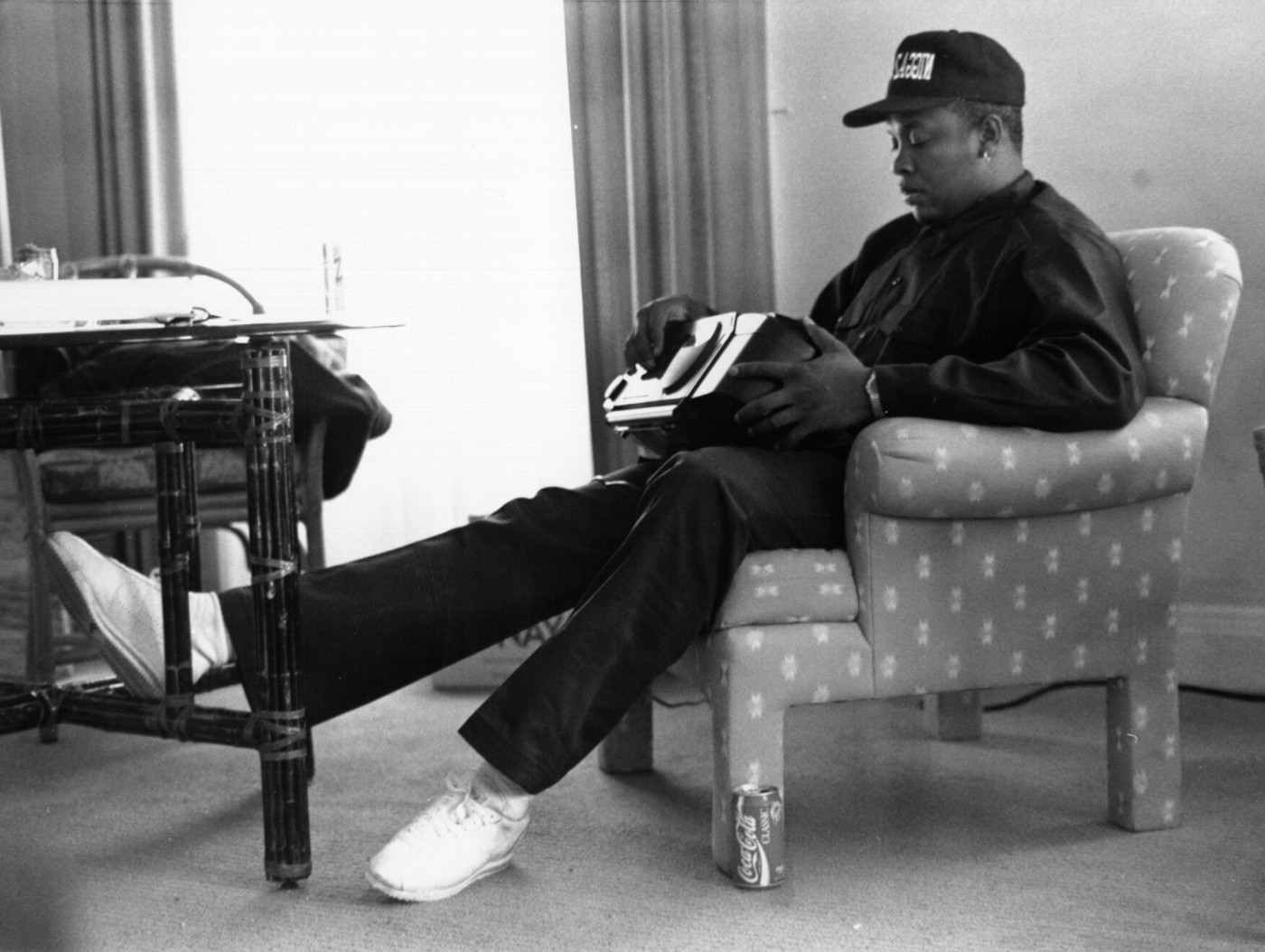


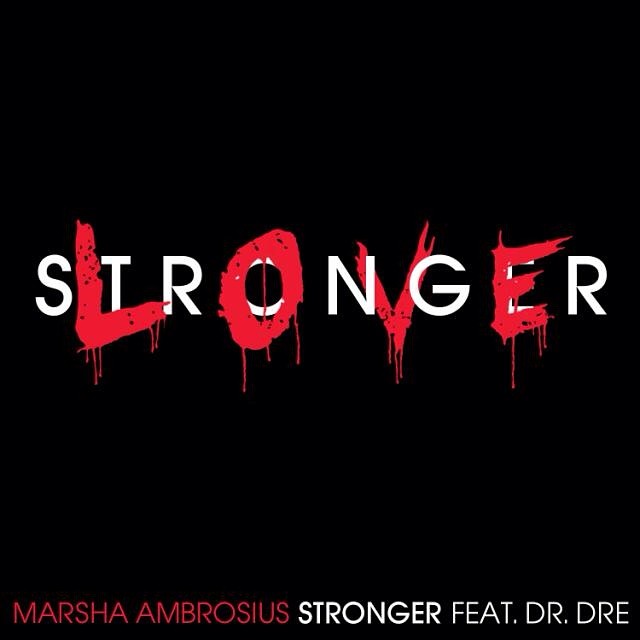

 Mixtape D.L.
Mixtape D.L.
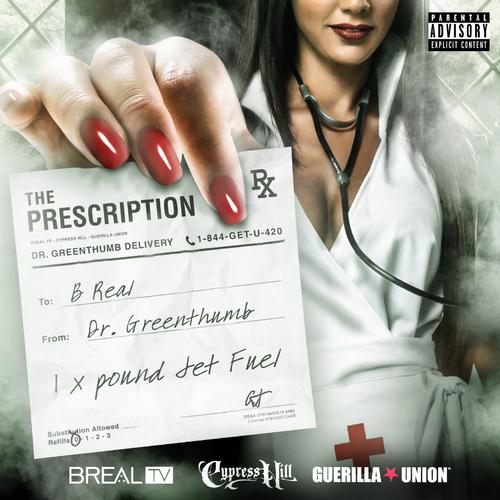

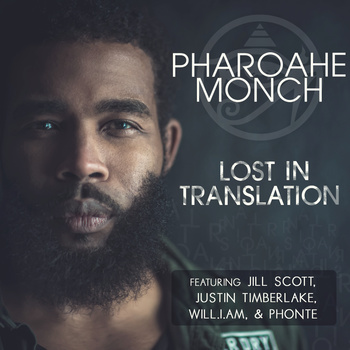

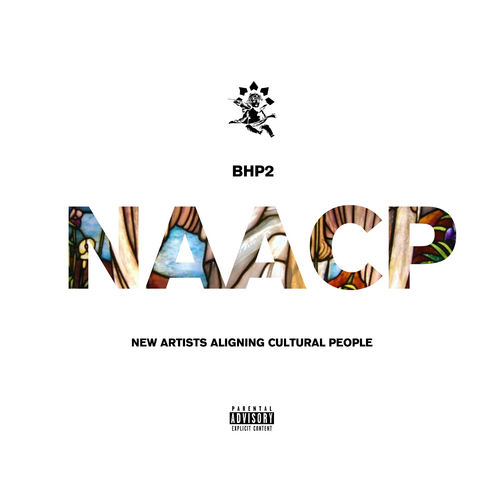
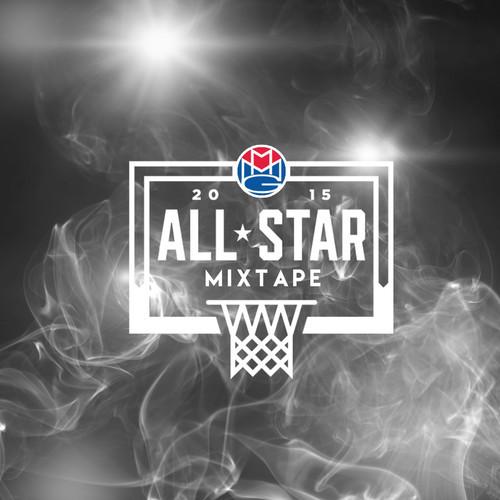
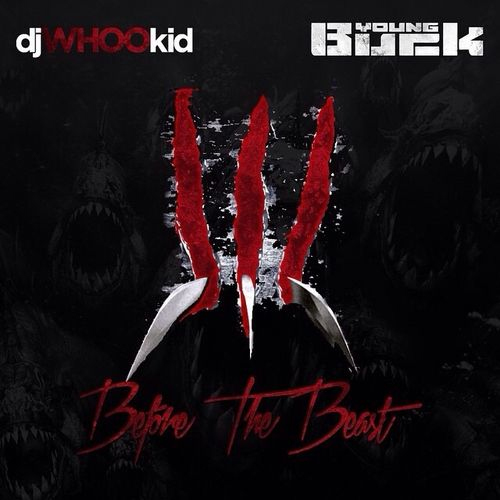
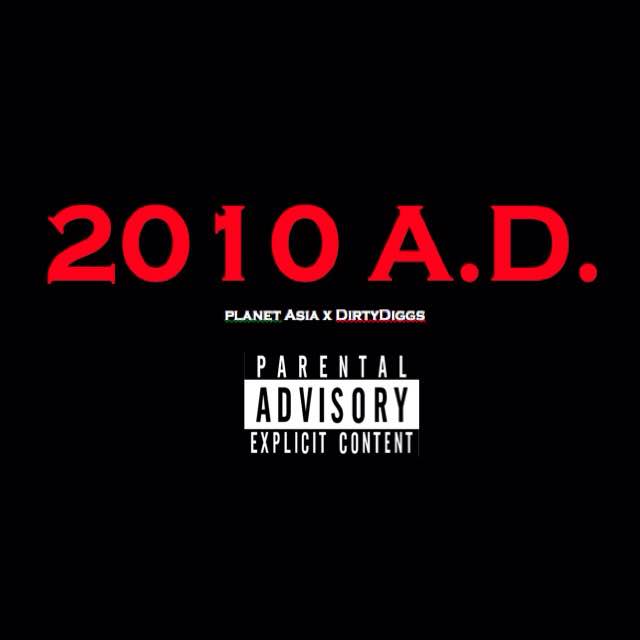
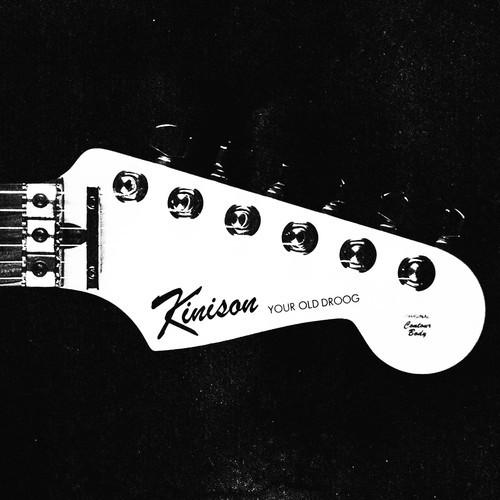
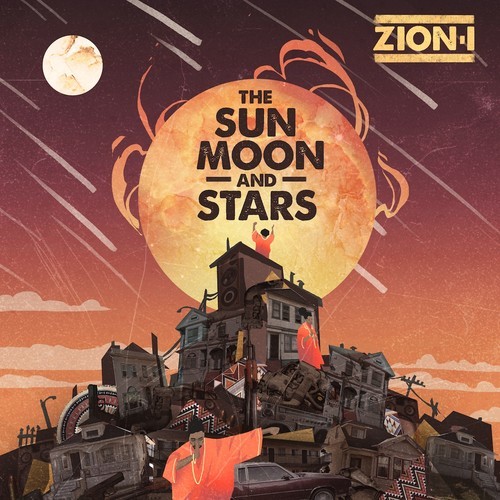

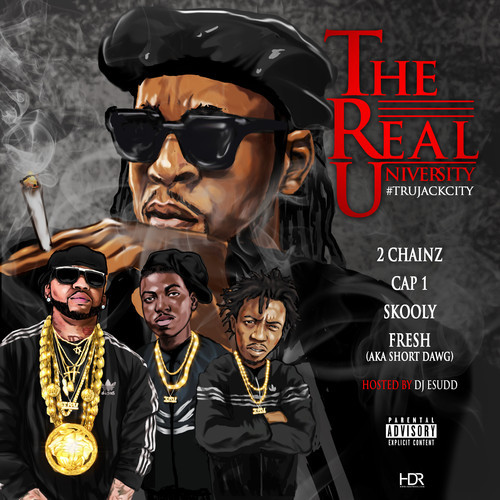
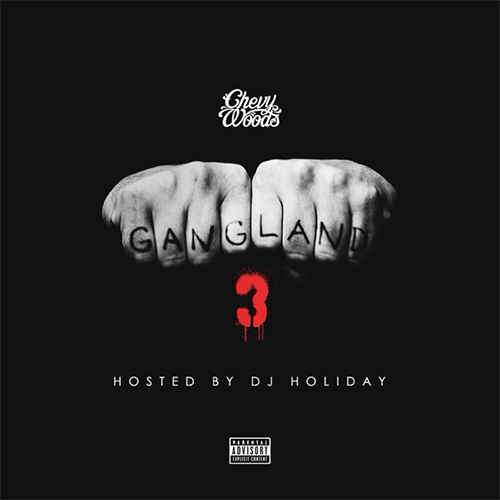
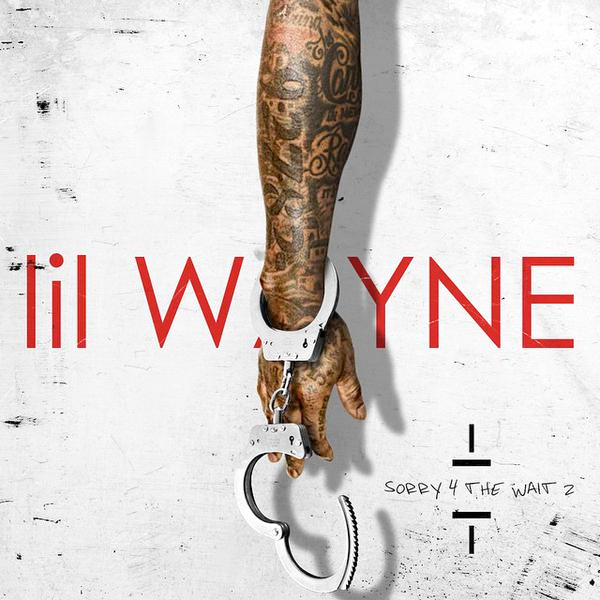
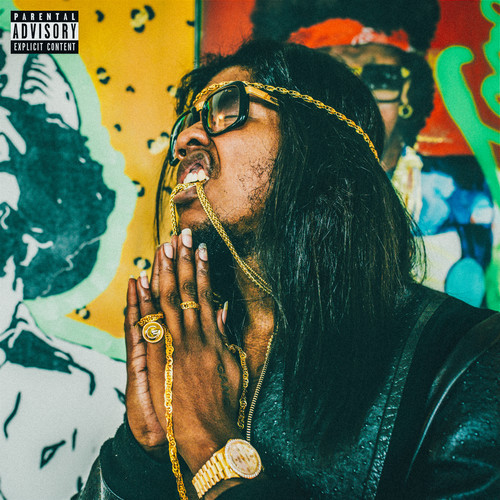





16 November, 1999@12:00 am
0 comments